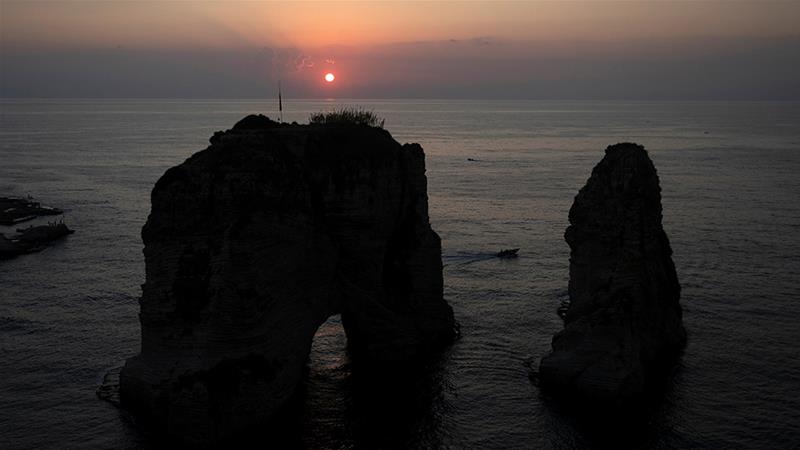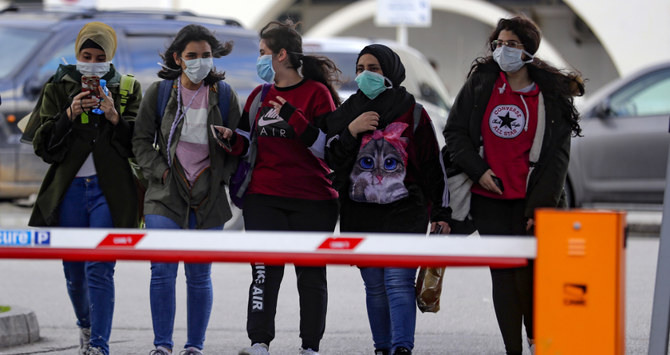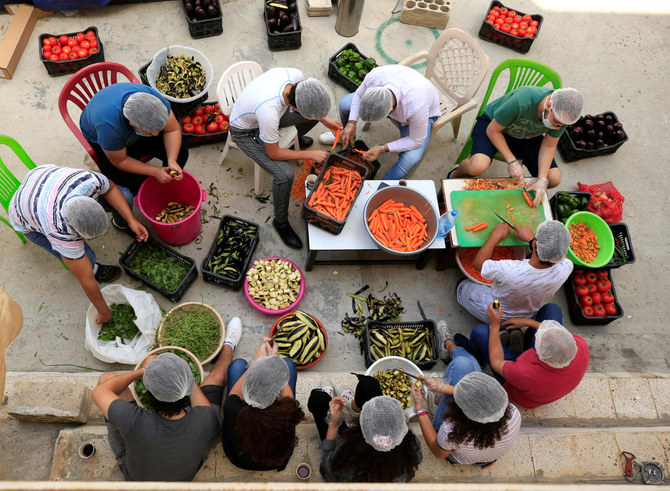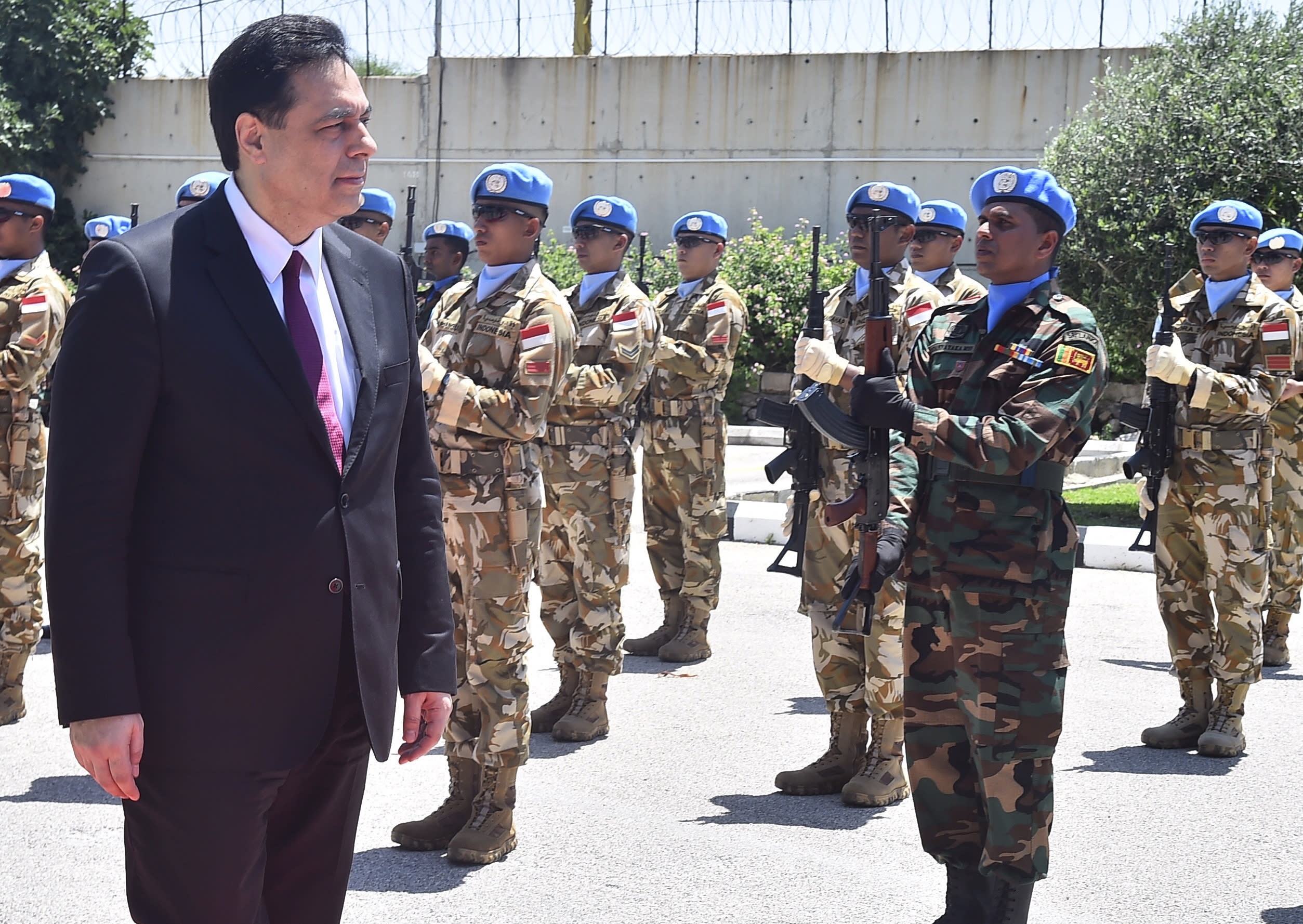
by middleeasteye.net — Lebanon has denied endorsing a US sanctions act that targets the government of Syrian President Bashar al-Assad. The office of Prime Minister Hassan Diab rubbished media reports on Monday which claimed Lebanon had endorsed the Caesar Act, stating it was simply seeking to “study the impact” of the legislation on Lebanon. The act, which is named after a Syrian military photographer who smuggled tens of thousands of gruesome photos out of the country that documented evidence of war crimes, was passed by the US Senate in December as part of the Trump administration’s $738bn defence policy bill.
The act sanctions the Syrian government as well as individuals and entities with links to Damascus, including firms and businesses working in the country’s energy, aviation, construction and engineering sectors. “Some media outlets have published a report claiming that the Caesar Act for US sanctions was distributed during the cabinet session and that the government has endorsed this law,” Diab’s office said in a statement. “The truth is that the government intends to study the impact of this act on Lebanon and the margins that the government could work within while avoiding negative repercussions against the country. “No commitment, discussion or endorsement of this Act took place during the Cabinet session,” the statement added.





![Though illegal, black-market currency exchange transactions have become commonplace in economically ravaged Lebanon, and are arranged between people who meet through popular messaging apps like WhatsApp and Telegram [File: Mohamed Azakir/Reuters]](https://www.aljazeera.com/mritems/imagecache/mbdxxlarge/mritems/Images/2020/5/28/cb75a668edcd463f9a3880805a934809_18.jpg)





